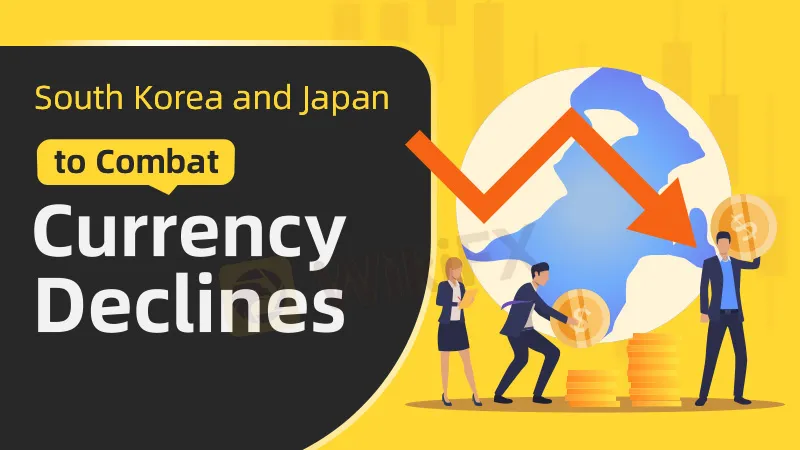Abstract:In a bilateral meeting held in Seoul, South Korean Finance Minister Choi Sang-mok and Japanese Finance Minister Shunichi Suzuki issued a joint statement expressing their serious concerns about the declining values of both countries' currencies and committed to taking appropriate steps to address the situation.

In a bilateral meeting held in Seoul on Tuesday, June 25, the finance ministers of South Korea and Japan voiced their mutual concerns over the significant declines in their respective currencies, the won and the yen. Both ministers pledged to implement measures to defend their currencies.
South Korean Finance Minister Choi Sang-mok and Japanese Finance Minister Shunichi Suzuki issued a joint statement expressing their serious concerns about the declining values of both countries' currencies and committed to taking appropriate steps to address the situation.
This meeting comes on the heels of an April trilateral meeting of finance chiefs in Washington DC, where the ministers had previously raised their currency concerns with US Treasury Secretary Janet Yellen, who acknowledged the issues.

Market participants are closely monitoring the comments from this bilateral meeting. Currently, the yen is hovering near 160 to the dollar, a level at which Japanese authorities had previously intervened to support the currency earlier this year. Meanwhile, the won, which has depreciated by about 7 percent against the dollar this year, has approached the critical 1,400 per dollar mark this week.
In his opening remarks at the meeting, South Korea's Choi emphasized the growing closeness between the two countries. He noted that the countries have become closer neighbours. He highlighted that last year, the two countries resumed currency swaps and shared the seriousness of rapid financial market volatility, providing strong support to each other.
The joint statement from the meeting may spark speculation that Japanese and Korean officials could potentially coordinate an intervention, especially as the dollar continues to strengthen due to the unexpected resilience of the US economy.
In a positive development for South Korea, the ministers welcomed Seoul's recent efforts to enhance foreign investor accessibility. This includes reforms that have led to the inclusion of South Korean securities in the FTSE World Government Bond Index.
In a bid to bolster the falling won against the dollar, South Korea's FX authorities announced on Friday that they had expanded their currency swap agreement with the National Pension Service, increasing it from US$35 billion to US$50 billion.
Through these concerted efforts and collaborations, both South Korea and Japan are taking proactive steps to stabilize their financial markets amidst ongoing currency volatility and global economic challenges.











